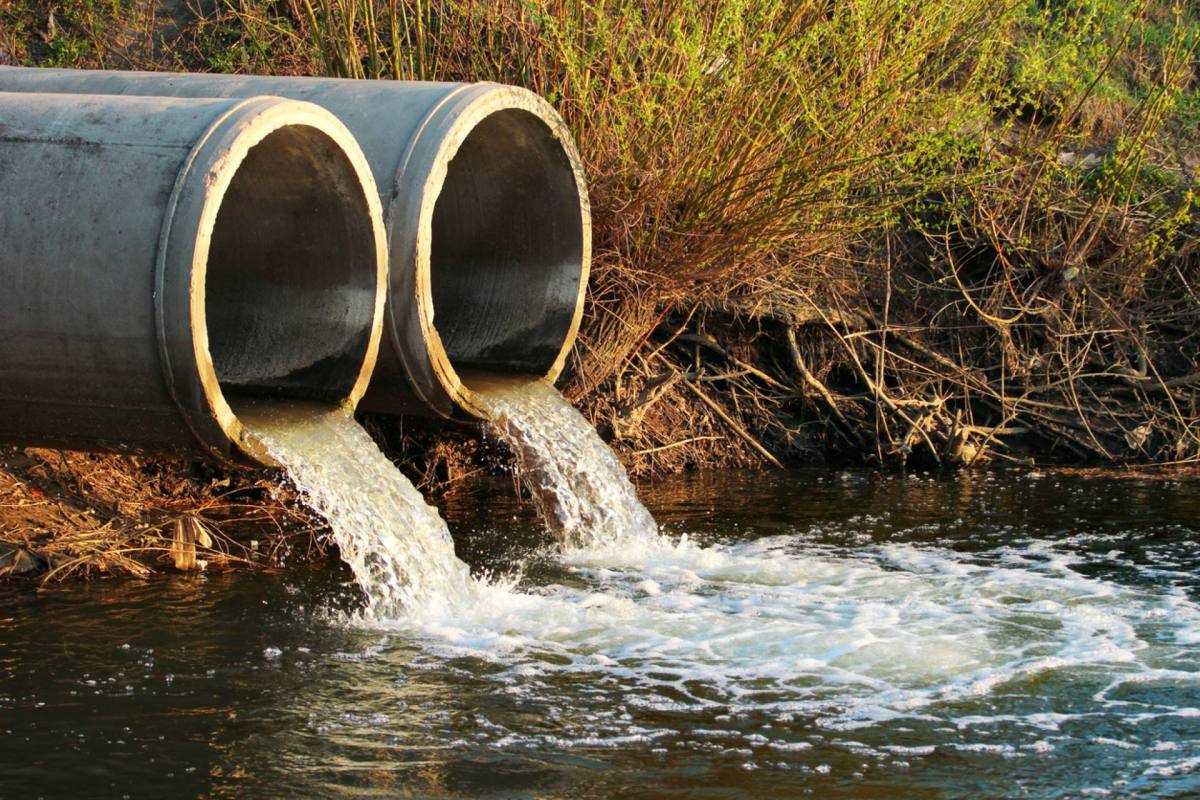Britain's Environment Agency has eliminated the cap on fines for environmental permit violations in their continued effort to crack down on corporate pollution.
What changed?
With this decision, companies can now face unlimited fines after a breach of environmental permits. Previously, the Variable Monetary Penalties (VMPs) were capped at £250,000.
The policy applies to breaches of sites that discharge into rivers and seas, as well as illegal discharges to non-permitted bodies of water. This will affect several industries, including water and waste companies, agriculture, and processing.
Additionally, the EA now has expanded abilities to punish waste offenses and air pollution permit breaches, which will impact violators in illegal scrapyards, under-permitted waste management facilities, manufacturing companies, and power stations.
Britain's Environment Secretary Steve Barclay outlined the agency's double-pronged approach to combating pollution.
"Polluters should be in no doubt that if they harm our precious habitats and waterways, they will pay. By lifting the cap on these sanctions, we are simultaneously toughening our enforcement tools and expanding where regulators can use them," he said.
Recently, sewage overflows in Britain have sparked outrage and driven the government to action with their Plan for Water.
Barclay said the money raised from the fines would go into a new Water Restoration Fund.
"This is part of the increased investment, stronger regulation and tougher enforcement we are delivering through our Plan for Water," he said.
Why are these policies so important?
Pollution is devastating to our health; it's the largest environmental cause of disease and death, causing more than 9 million premature deaths per year worldwide. The good news is that tighter regulations do work; the key is just implementing more of them.
In the U.S., the Environmental Protection Agency's policies are enforced to varying degrees from state to state, with some states barely enforcing them at all. Large corporations and local governments also work hard to circumvent these policies.
Britain is hoping to serve as an example. These unlimited fines are another addition to their recent law condemning ecocide, crimes with severe damage to the environment.
"The threat of uncapped financial penalties should boost compliance with environmental laws," Barclay said, and help to "provide stronger protection to the environment, communities and nature."
What else can be done to combat pollution?
Regardless of where you live, you can be part of the solution by supporting pro-climate candidates and proposals, such as the recent reforestation law passed in Indonesia. You can also support corporations that stay true to their words — and their permits — and incentivize change through your dollars.
There are also ways to take action locally against pollution, from choosing circular brands to being a whistleblower when necessary.
"These changes will deliver a proportionate punishment for operators that breach their permits and cause pollution," Barclay concluded.
Join our free newsletter for cool news and actionable info that makes it easy to help yourself while helping the planet.









